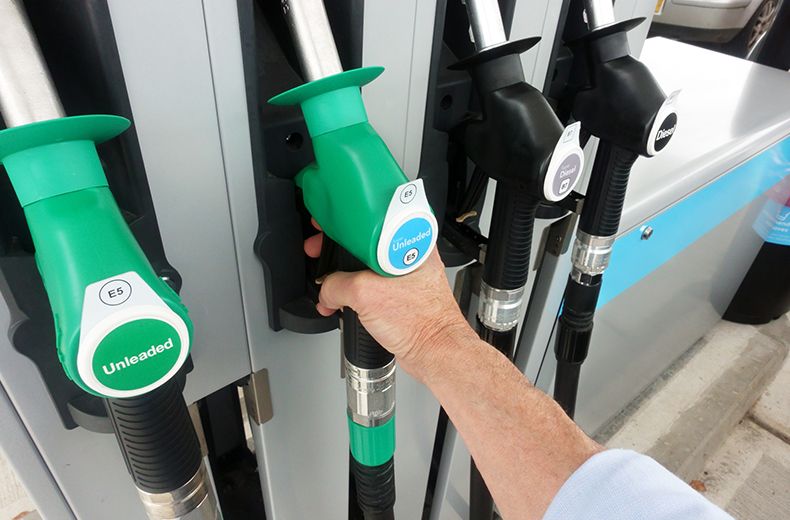With the average price of a litre of petrol now standing at 126.28p and diesel at 129.07p, drivers are respectively having to pay 12.2p and 11.4p more for every litre than they did at the start of November, a rise of about 10% rise in just five months.
This means it now costs £6.68 more to fill a 55-litre petrol car than it did in November (£69.45 in total), and £6.29 more to fill an equivalent-sized diesel car (£70.99).
While the oil price was $63.67 at the end of March having recovered in recent months after hitting a historic low of just $13.21 last April, the ongoing impact of the pandemic on demand – particularly with global travel well down on normal – is, for now, helping to prevent it from going much higher.
Drivers looking for the best value at the pumps should continue to head to supermarkets, with a litre of unleaded currently costing 121.9p on average, with diesel at 124.86p. Asda leads the way with petrol at just 120.99p a litre, and diesel at 123.99p. It is still the case, however, that all the major retailers raised their prices in March in line with the rest of the industry, to the tune of an average of 2.61p for petrol and 2.59p for diesel.
In fact, RAC Fuel Watch data suggests that drivers should even be in line for a pump price cut in the coming weeks if retailers fairly reflect wholesale prices on their forecourts.
- How to save fuel – the ultimate guide
- Does fuel go off? Old fuel and fuel storage questions answered
- My fuel light came on – how many miles can I go?
RAC fuel spokesman Simon Williams said: “Pump price rises seem a little unrelenting at the moment with March being the fifth successive month where prices went up. This is very frustrating for drivers who are now starting to use their vehicles more with the easing of the national lockdown.
"They’re unfortunately suffering the effects of the rise in wholesale fuel prices that took place in February which led retailers to increase their forecourt prices almost daily throughout last month.
“The situation isn’t as grim as it could be though as the combination of a relatively strong pound and an oil price that is pegged back by lower global demand as a result of the pandemic mean wholesale prices are still lower than they otherwise would be.
“Diesel is looking particularly overpriced at the moment, with the wholesale price of the fuel currently less than the petrol equivalent. Unfortunately, this rarely translates into lower prices as retailers tend to use the saving to subsidise the price of petrol.
“The coming weeks and months are critical when it comes to working out where prices might be heading during the rest of 2021. For as long as global Covid travel restrictions remain, it’s hard to see oil prices rocketing – and that should protect wholesale, and in turn, pump prices from rising too quickly.
"However, what the major oil producing nations decide to do in terms of oil output is also important. Any further reductions in supply could start to push the barrel price up above the $70 mark again – spelling yet more pump price rises here in the UK.”
For full regional fuel prices, see the original post on our Media Centre.

RAC sale – up to 33% off*
• Roadside cover from £5.29 a month†
• We get to most breakdowns in 60 mins or less
• Our patrols fix 4/5 breakdowns on the spot












